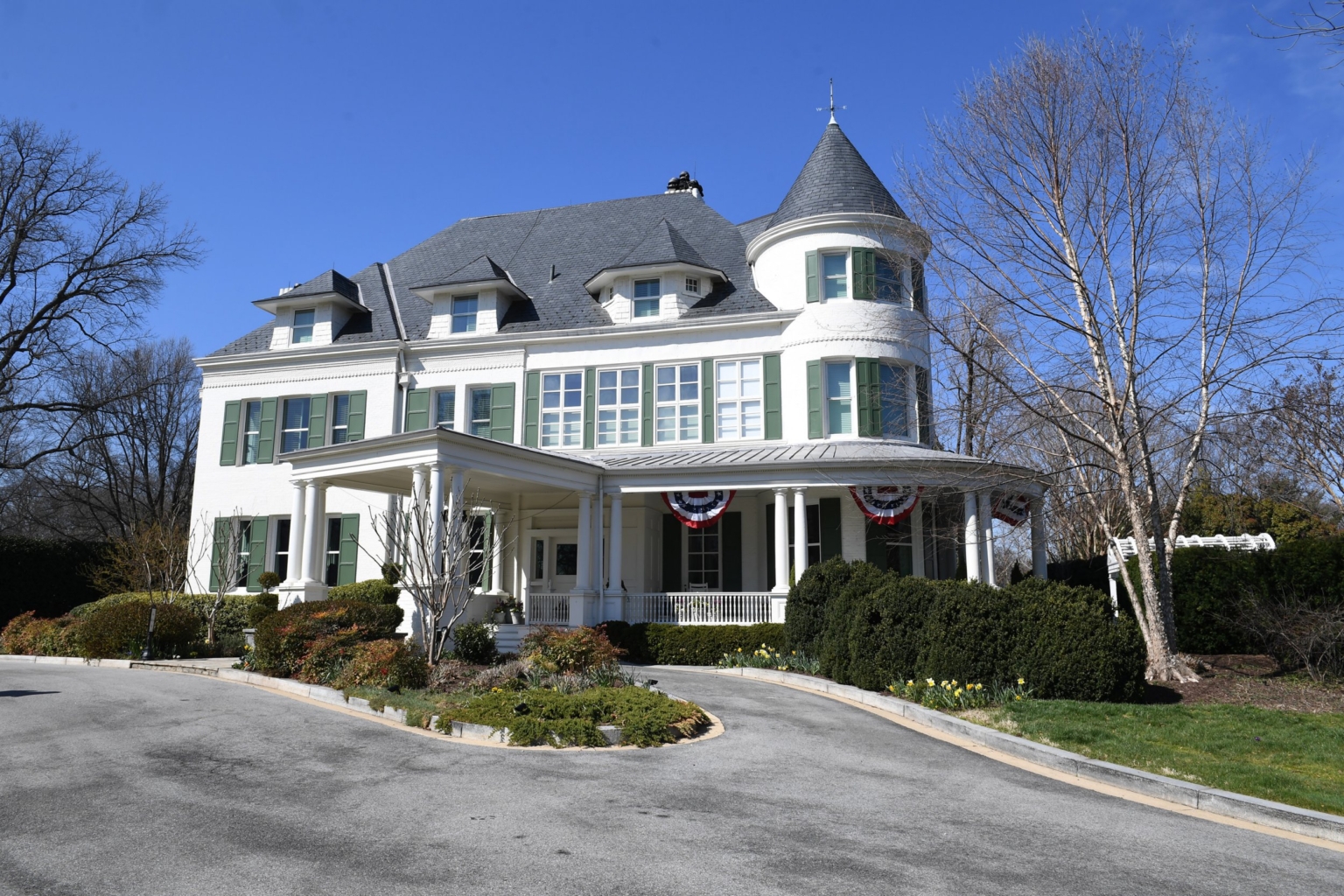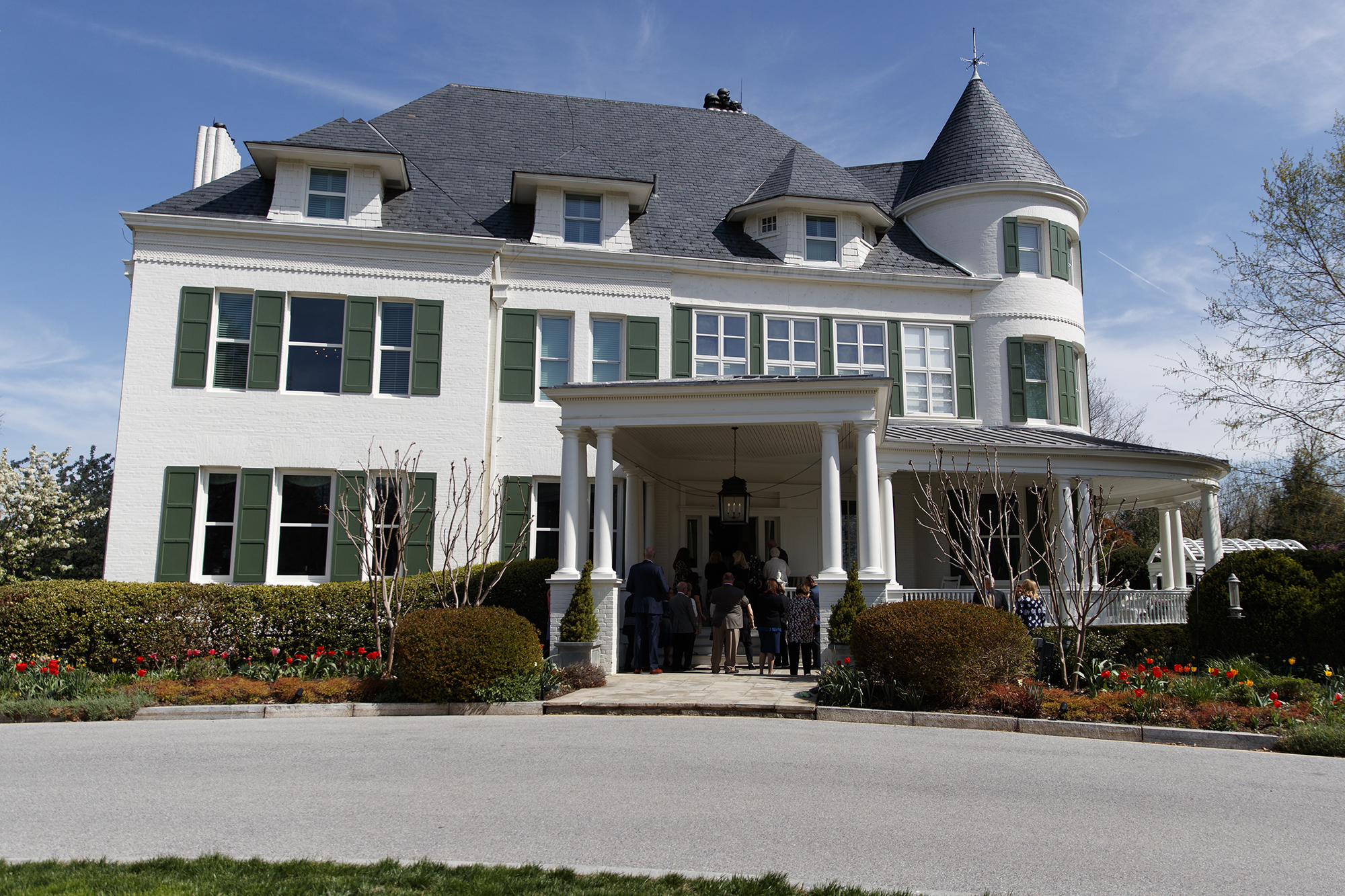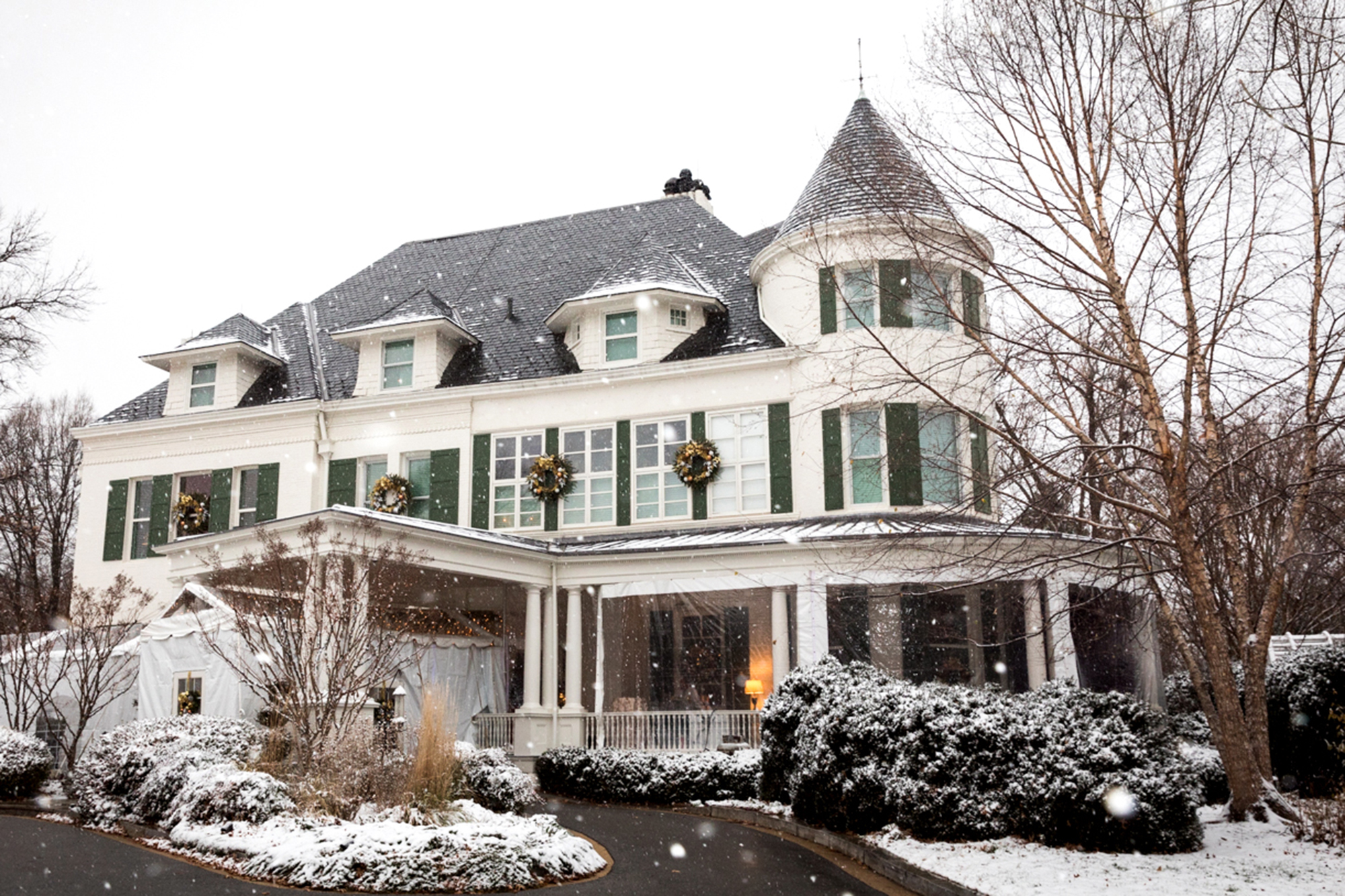Does The Vice President Live In The White House?
The question of whether the Vice President lives in the White House is one that often intrigues many people. While the President of the United States has his official residence in the White House, the Vice President has a different set of living arrangements. Understanding where the Vice President resides is not just a matter of curiosity; it also sheds light on the roles and responsibilities of this important office. In this article, we will explore the living arrangements of the Vice President and other related aspects to provide a comprehensive view on this topic.
The Vice President of the United States plays a crucial role in the administration, acting as the second-in-command and stepping in when the President is unable to fulfill his duties. While they share many responsibilities and functions, their living arrangements differ significantly. This stems from historical precedents, practical considerations, and the evolving nature of the vice presidency.
In this article, we will delve into the Vice President's living situation, compare it to that of the President, and discuss the implications of these arrangements. We will also touch on the history of the Vice Presidential residence, current trends, and the unique aspects of the Vice President's role in the U.S. government.
Table of Contents
Historical Overview of the Vice Presidential Residence
The history of the Vice President's residence is as rich as the office itself. Originally, Vice Presidents resided in their own homes or rented accommodations in Washington, D.C. The need for a dedicated residence became apparent as the role of the Vice President evolved and grew in importance.
In 1974, the U.S. government purchased the official residence for the Vice President, known as the Number One Observatory Circle, located in Washington, D.C. This property was chosen for its security, privacy, and proximity to the White House, providing a comfortable living space for the Vice President and their family.
Key Historical Milestones:
- 1789: The first Vice President, John Adams, lived in a private residence.
- 1974: The U.S. government purchased Number One Observatory Circle.
- Official residence established as a secure and private space for the Vice President.
Current Residence of the Vice President
Today, the Vice President resides at Number One Observatory Circle, which is situated on the grounds of the U.S. Naval Observatory. This location is not only historic but also offers a range of amenities, including spacious living quarters, a swimming pool, and beautiful gardens.
Number One Observatory Circle provides the Vice President with a secure environment where they can fulfill their duties while also enjoying a family life. The residence is equipped with all the necessary facilities to support both personal and official functions.
White House vs. Vice President's Residence
While the President lives in the White House, the Vice President's residence serves a different purpose. The White House is not just a home; it is also a symbol of the presidency and a venue for state functions and ceremonies. In contrast, the Vice President's residence is more focused on family life and day-to-day activities.
Some of the key differences include:
- Location: The White House is situated at 1600 Pennsylvania Avenue, while the Vice President's residence is at Number One Observatory Circle.
- Purpose: The White House is used for official state functions, whereas the Vice Presidential residence is more private.
- Security: Both locations have high security, but the Vice President's residence is designed for more privacy.
Security Considerations for the Vice President
Security is a primary concern for both the President and the Vice President. The Vice President has a dedicated security detail that ensures their safety at all times, whether at the White House or at Number One Observatory Circle. This security detail is provided by the United States Secret Service, which is responsible for the protection of high-ranking officials.
Security measures at Number One Observatory Circle include:
- 24/7 security personnel on-site
- Advanced surveillance systems
- Controlled access points to ensure privacy
The Vice Presidential Home
Number One Observatory Circle is not only the Vice President's home but also a place for hosting official events and gatherings. The residence is often used for informal receptions and meetings with foreign dignitaries and government officials.
Features of the Vice Presidential residence include:
- Spacious living areas for family and guests
- A fully equipped kitchen for preparing meals
- A garden and outdoor space for relaxation and entertainment
Public Perception of the Vice President's Residence
The Vice President's residence is often less publicized than the White House, leading to a different perception among the public. Many people are unaware of the significance of Number One Observatory Circle and its role in the Vice President's life.
However, as the role of the Vice President continues to evolve, there is a growing recognition of the importance of their residence as a space for both official duties and family life.
The Future of Vice Presidential Living Arrangements
As the political landscape changes, so too might the living arrangements for the Vice President. Discussions about modernization, security advancements, and the evolving nature of the vice presidency could lead to new developments regarding the residence.
It will be interesting to see how future Vice Presidents utilize their homes and whether any changes to their residence will be made to better accommodate their roles.
Conclusion
In conclusion, the Vice President does not live in the White House but resides at Number One Observatory Circle, a property that serves as both a home and a venue for official functions. Understanding the Vice President's living arrangements provides insight into the significance of their role within the U.S. government. As public interest in the Vice Presidency continues to grow, it is crucial to recognize the importance of their residence in supporting both personal and professional responsibilities.
If you found this article informative, please feel free to leave a comment, share it with others, or explore more articles related to U.S. politics and government on our site.
Thank you for reading! We hope to see you again on our site for more insightful content.
Also Read
Article Recommendations



ncG1vNJzZmivp6x7tMHRr6CvmZynsrS71KuanqtemLyue8GlpqeclaOyuL%2BQb2adp5WoerW0xGatopuVYr2zsdKim56mpGK5qsLEZqCnZaSdsm7Dx6KrnmWYpMK0sY2hq6ak
